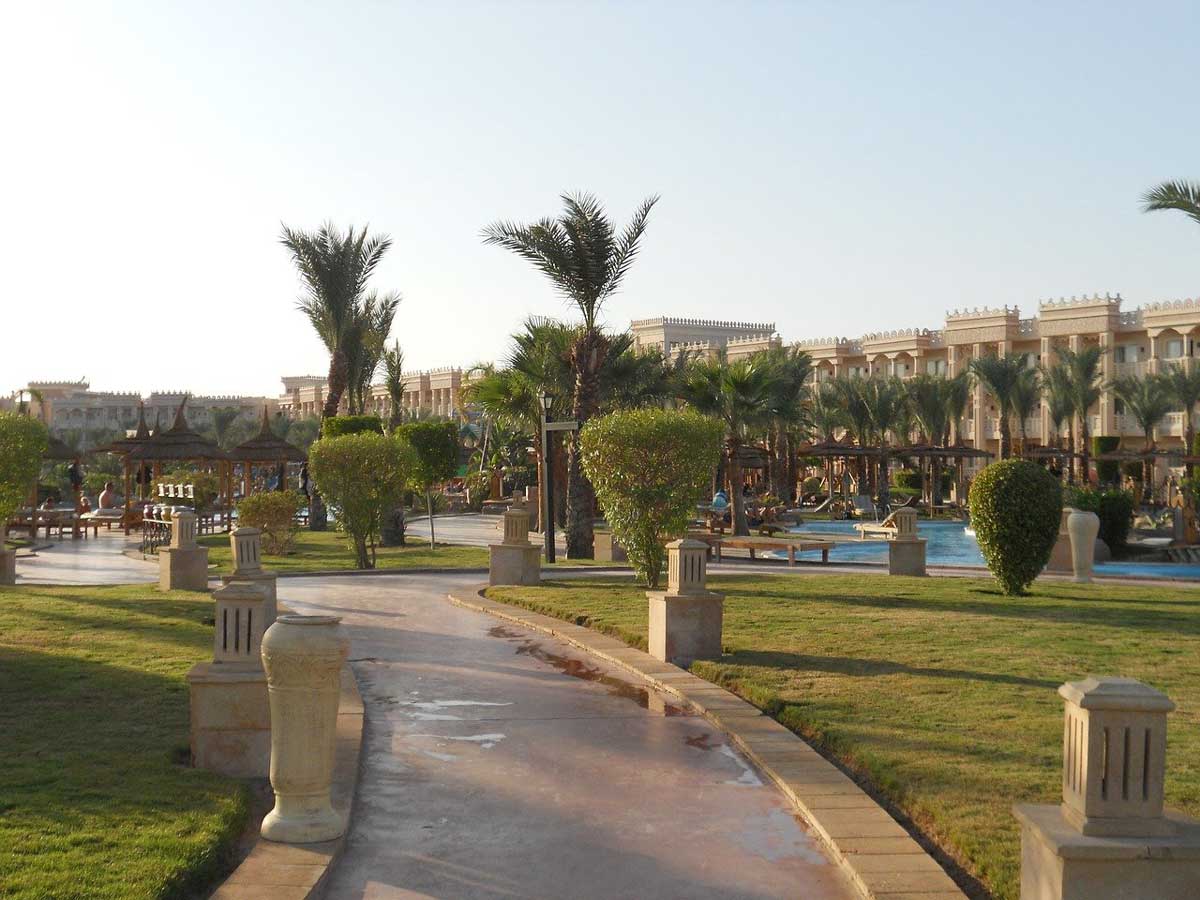Egyptian authorities have announced plans to turn one of the country’s main resorts, Sharm el-Sheikh, into a “green city”. The President of the Arab Republic of Egypt, Abdel Fattah El-Sisi, gave the corresponding instruction earlier.
The plans were officially announced this week during a meeting with representatives of the authorities of the province of South Sinai, which discussed the preparation of Egypt for the COP27 environmental summit in November 2022.
In particular, the authorities plan to ensure the speedy transfer of tourist facilities to solar energy, as well as to create a network of stations for charging electric vehicles in the city. In addition, hotels and tourist establishments in Sharm el-Sheikh will be required to obtain a “green certificate” as proof of the use of environmentally friendly technologies.
According to Egyptian Environment Minister Yasmine Fouad, the concept of “green cities” is based on the rationalization of resource consumption, waste reduction, increasing the frequency of recycling and converting waste into energy, as well as reducing emissions and sustainable energy generation.
The statements of the president and ministers do not indicate specific dates, observers say, so much of what has been said can be seen as the promotion of the environmental agenda in Egypt in connection with the upcoming COP27 summit. However, even if tight deadlines are set, this will not be a serious problem for the tourist industry and Egyptian hoteliers.
According to Travix CEO Mohammad Yousif, solar power generation is already very common in the region, and many hotels cover part of their needs in this way.
“For Egypt, solar energy is already an established market: solar panels are sold everywhere and are inexpensive, so for hotels this will not be a serious problem even if they are obliged to switch to solar energy in a very short time. The cost of living will also not change from this, and in the long term it can be further reduced, since solar energy is cheaper than from traditional sources,” said Mohammad Yusif.
In addition, it is not yet known what share of the energy consumption of hotels and other tourist facilities must be solar energy in order for them to receive a “green certificate”. It is likely that many of the market participants will be able to issue a document without additional capital investments.

